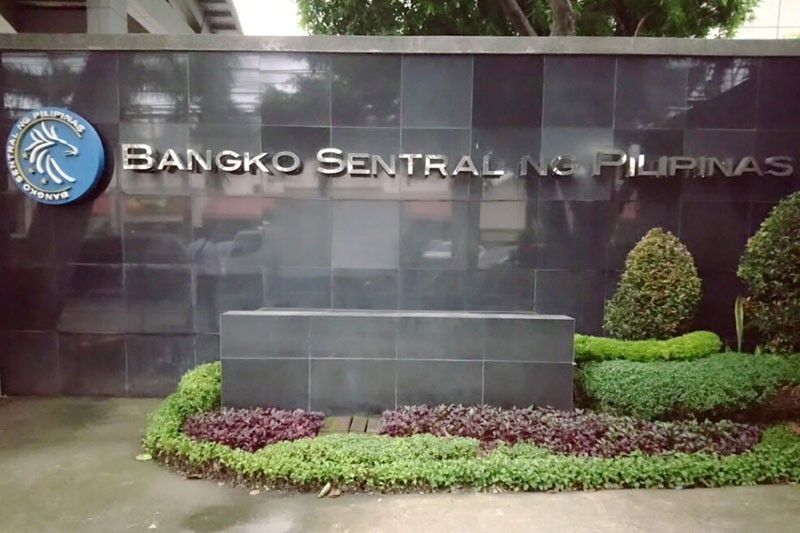BOP surplus stays above $2 billion in 8 months

MANILA, Philippines — The Philippines managed to maintain a healthy balance of payments (BOP) surplus above $2 billion from January to August, according to the Bangko Sentral ng Pilipinas (BSP).
Data released by the central bank showed the Philippines posted a BOP surplus of $2.15 billion during the eight-month period, a reversal of the $5.49 billion shortfall recorded in the same period last year.
For August alone, the BOP deficit narrowed by 90 percent to only $57 million in August from $572 million in the same month last year, reflecting net outflows arising mainly from the national government’s payments of its foreign currency debt obligations.
“Notwithstanding the deficit in August, the cumulative BOP position registered a surplus of $2.1 billion in the first eight months of the year, which was a reversal of the $5.5 billion deficit recorded in the same period a year ago,” the BSP said.
The BOP is the difference in total values between payments into and out of the country over a period.
A surplus means more dollars flowed into the country from exports, remittances from overseas Filipino workers (OFWs), business process outsourcing earnings and tourism receipts than what flowed out to pay for the importation of more goods, services and capital.
“Based on preliminary data, this development reflected mainly the improvement in the balance of trade and the sustained net inflows from personal remittances, trade in services, and foreign borrowings by the national government,” the central bank said.
Data from the Philippine Statistics Authority showed the country’s trade deficit narrowed by 10.2 percent to $32.18 billion from January to July versus last year’s $35.84 billion.
During the seven-month period, imports contracted by 9.1 percent to $73.27 billion from $80.59 billion, while exports declined by 8.2 percent to $41.09 billion from $44.75 billion.
In the same period, personal remittances rose by 2.9 percent to $20.91 billion from $20.33 billion, of which cash remittances coursed through banks also grew by 2.9 percent to $18.78 billion from $18.26 billion.
These strong inflows were enough to offset the 20.4 percent decline in net foreign direct investment inflow to $3.91 billion in the first half from $4.91 billion in the same period last year.
Michael Ricafort, chief economist at Rizal Commercial Banking Corp., said the measure of the country’s cash flow statement with the rest of the world would remain in surplus due to more inflows.
“For the coming months, the BOP data could still be supported by the continued growth in the country’s structural dollar inflows such as OFW remittances, BPO revenues, foreign direct investments, exports, foreign tourism receipts, among others,” Ricafort said.
He also cited the relatively narrower trade deficit amid the still net decline in the world prices of crude oil and other global commodities imported by the country.
However, the economist warned that global crude oil prices posted a new 10-month high recently after Saudi Arabia and Russia extended their oil production cuts until end-2023.
According to Ricafort, the proposed $2 billion dollar-denominated retail bonds to be offered by the national government this month, as well as the planned debut of about $1 billion Islamic or sukuk bonds later this year or in early 2024 would also be added to the country’s BOP and gross international reserves (GIR).
Meanwhile, the BSP said the country’s GIR level stood at $99.6 billion in August from $100 billion as of end-July. This represents a more than adequate external liquidity buffer equivalent to 7.4 months’ worth of imports of goods and payments of services and primary income.
The buffer ensures availability of foreign exchange to meet balance of payments financing needs, such as for payment of imports and debt service, in extreme conditions when there are no export earnings or foreign loans.
- Latest
- Trending




























